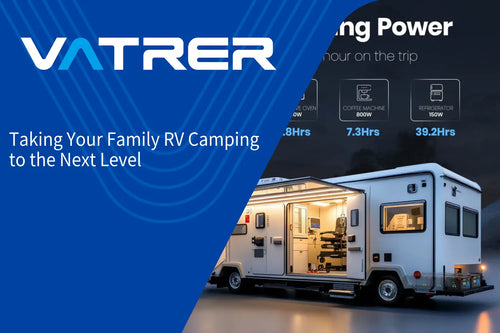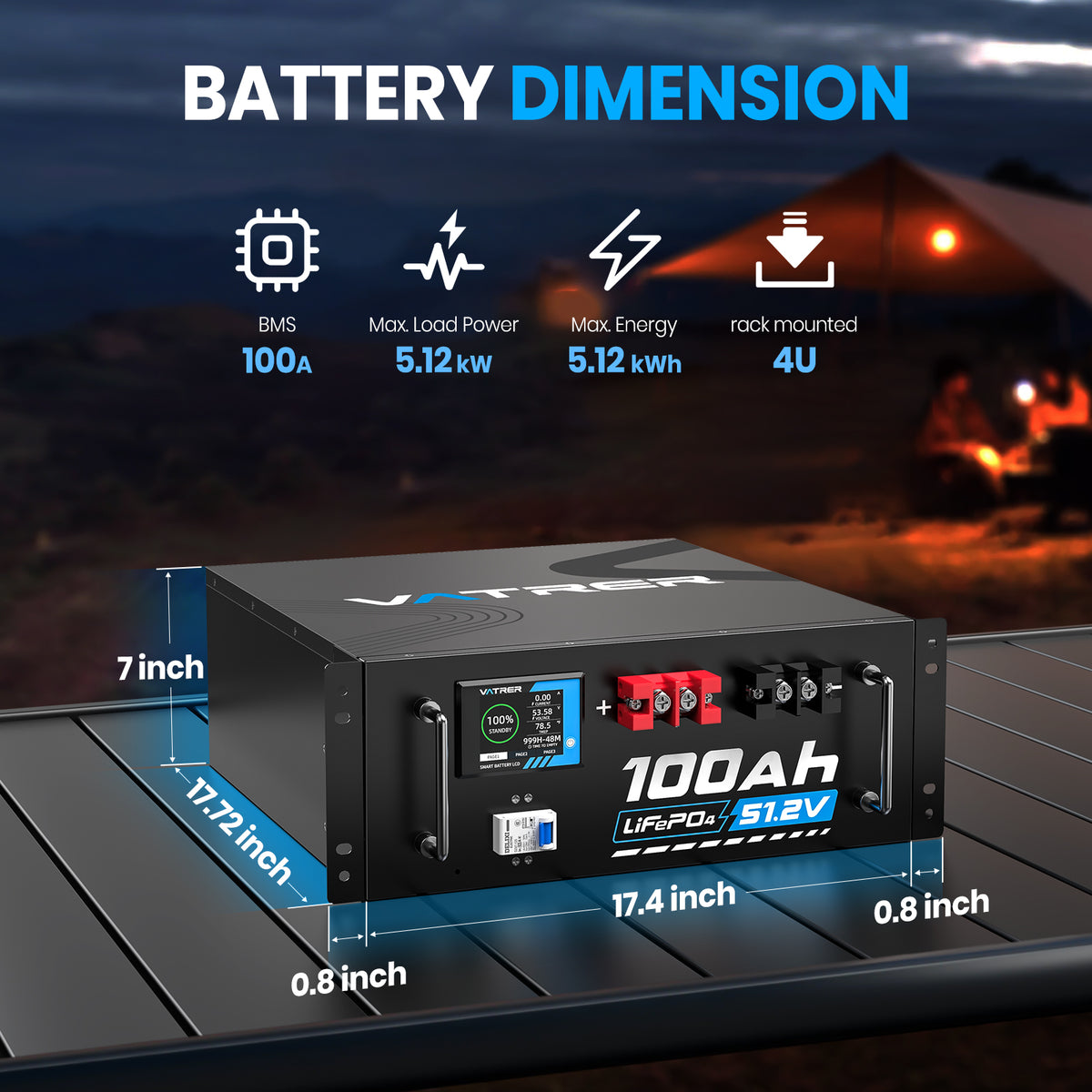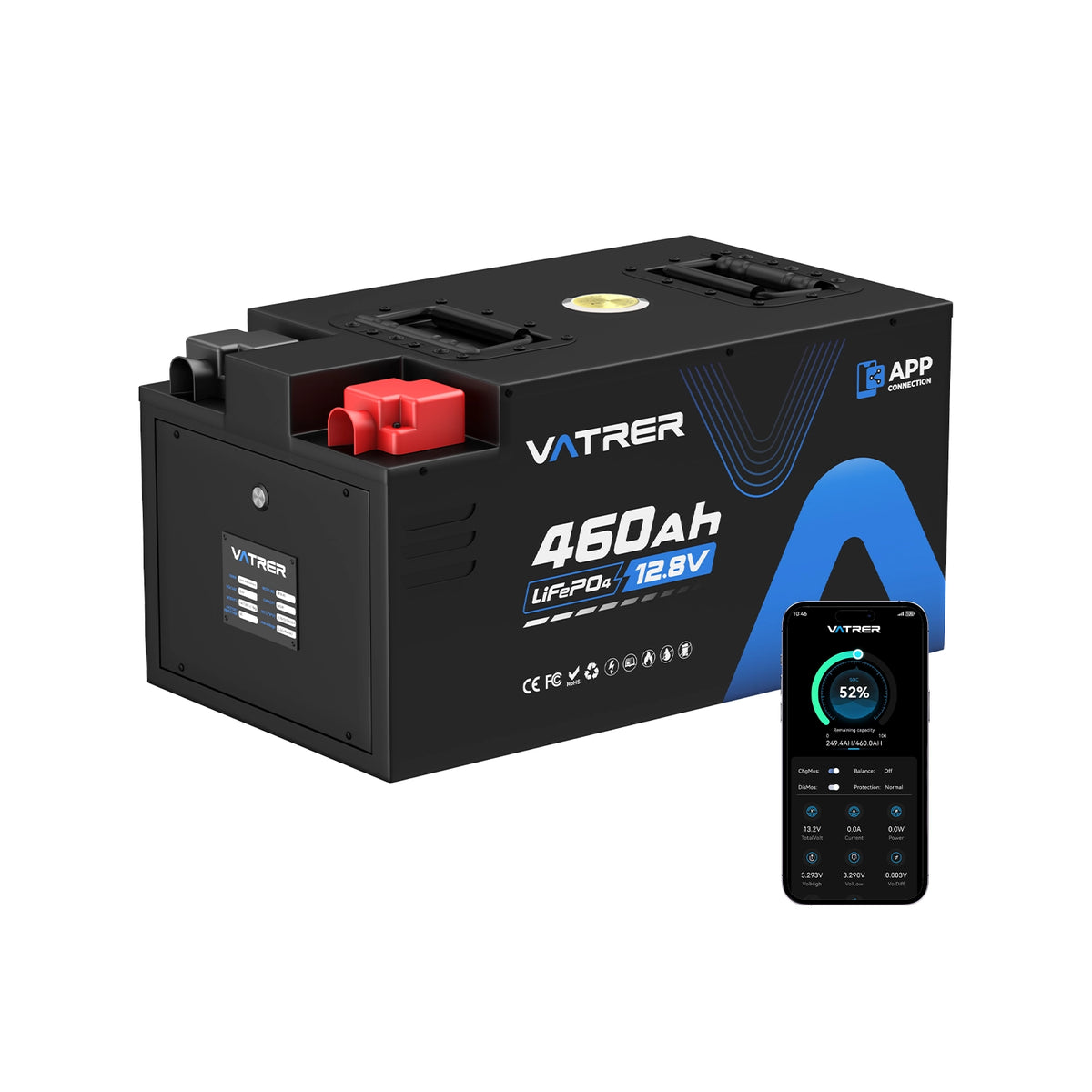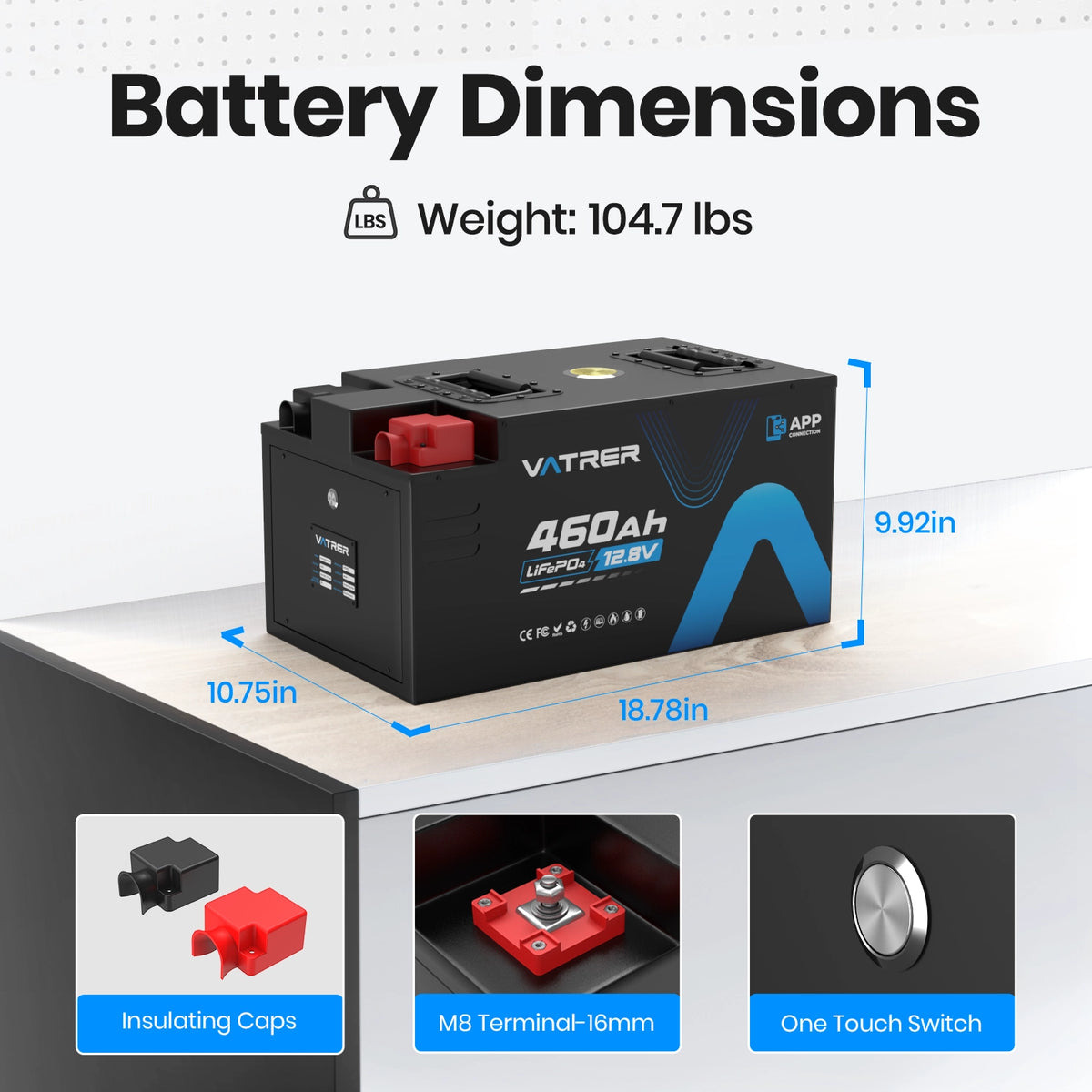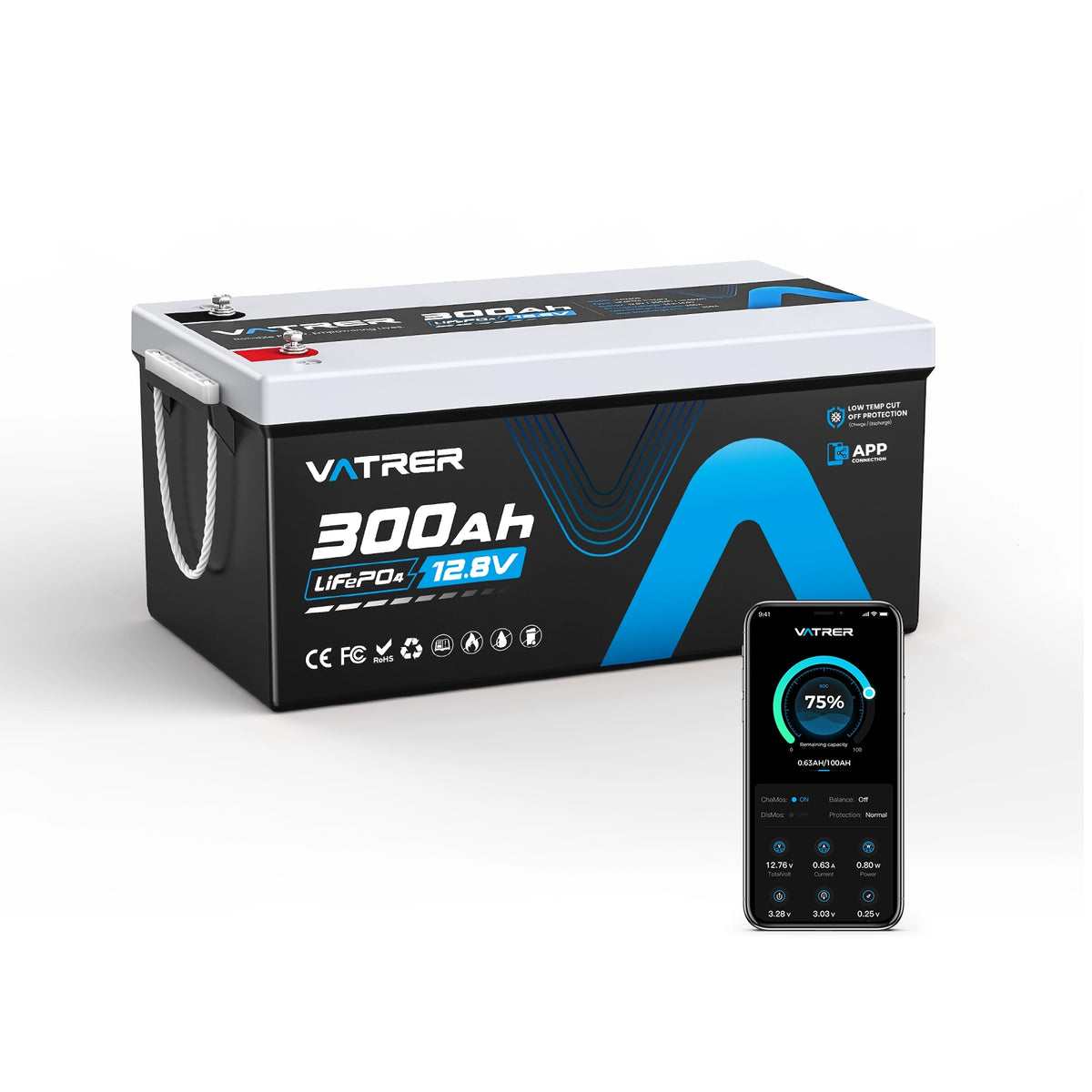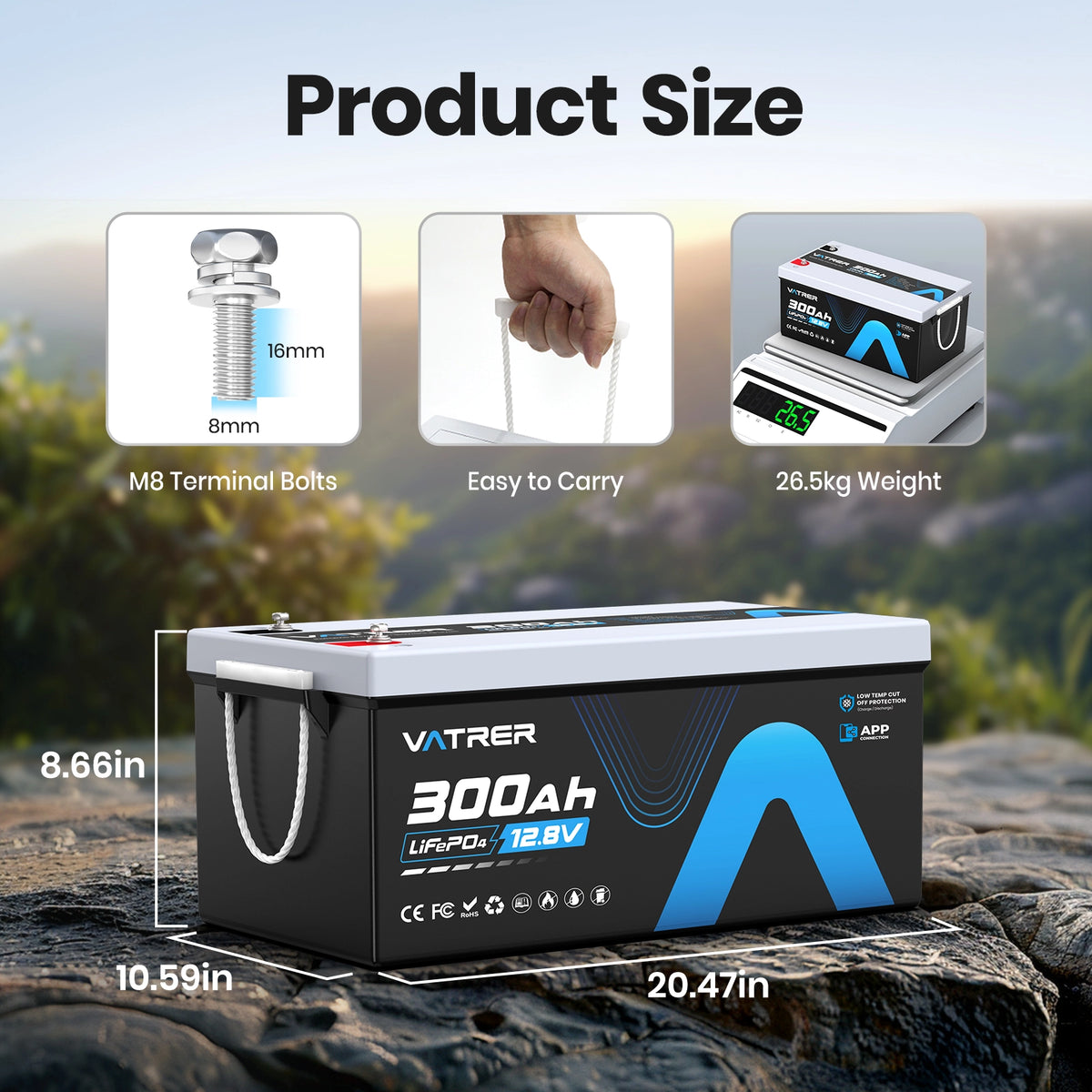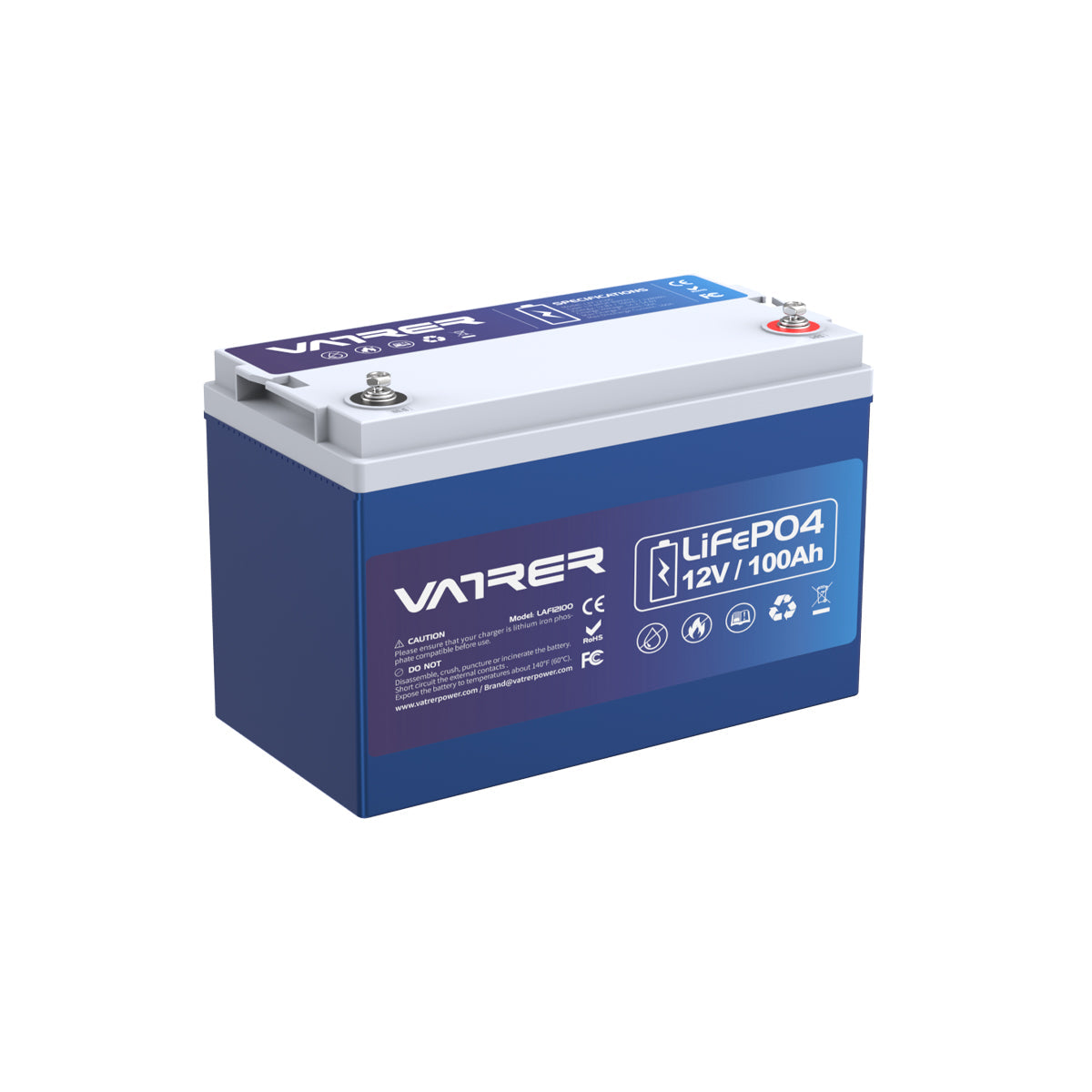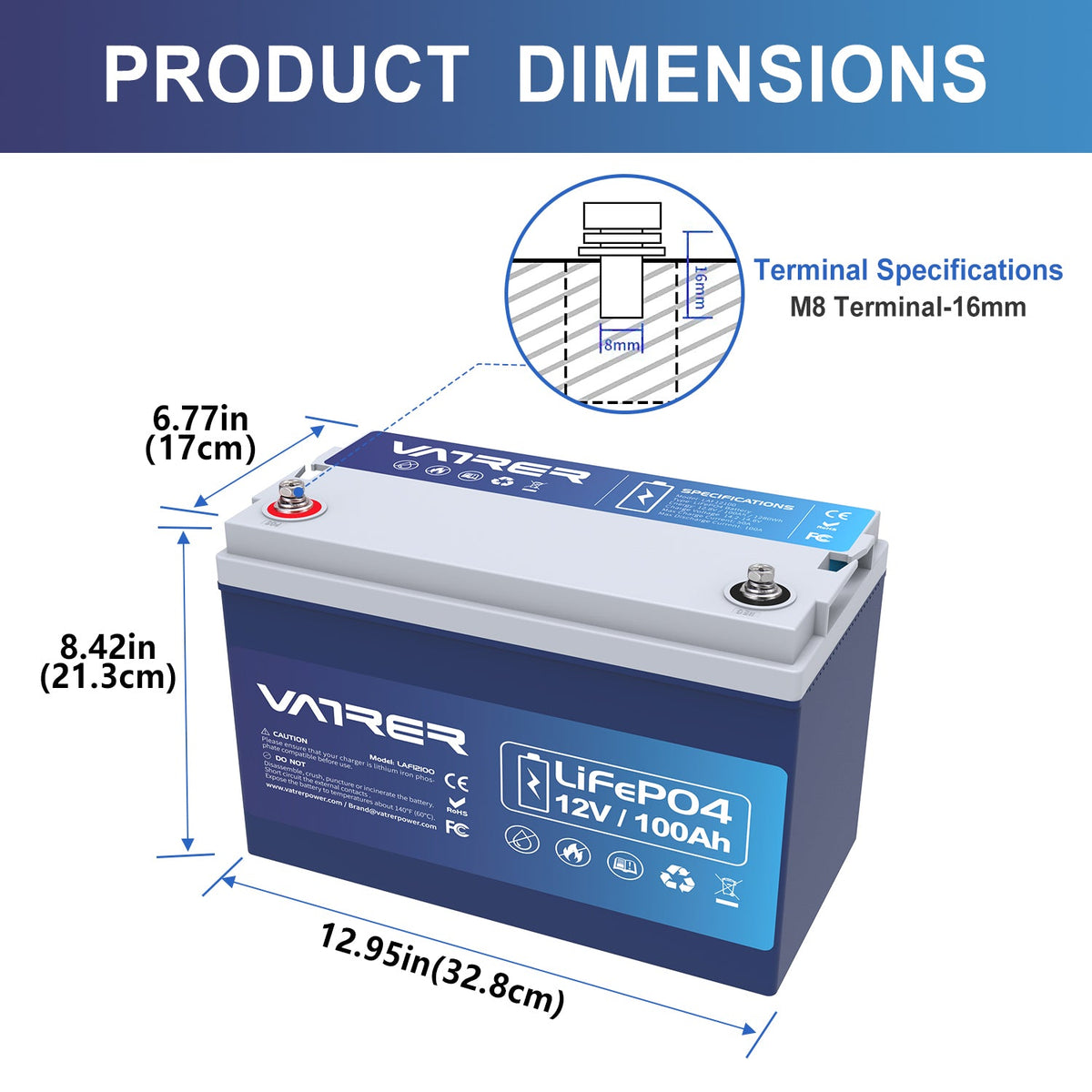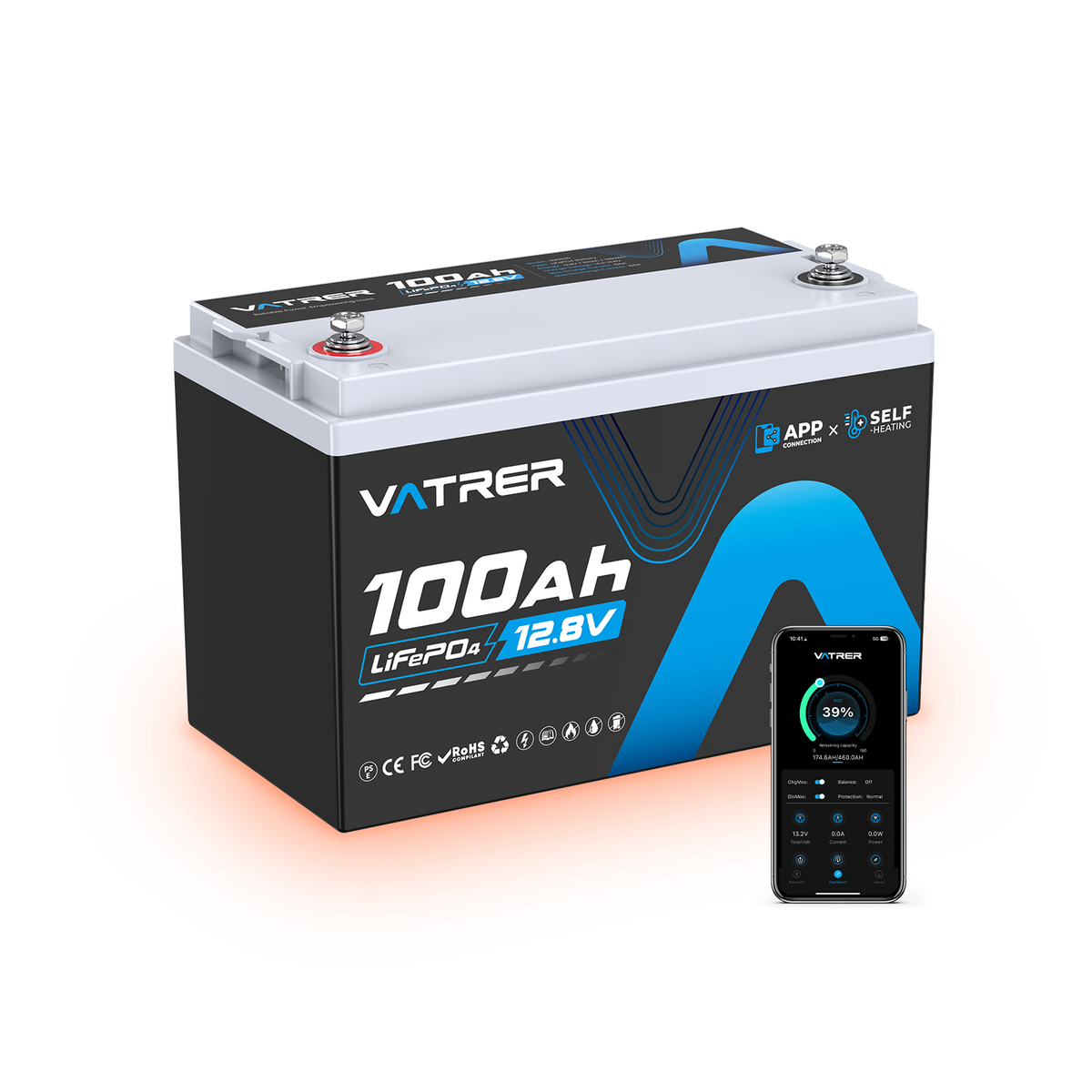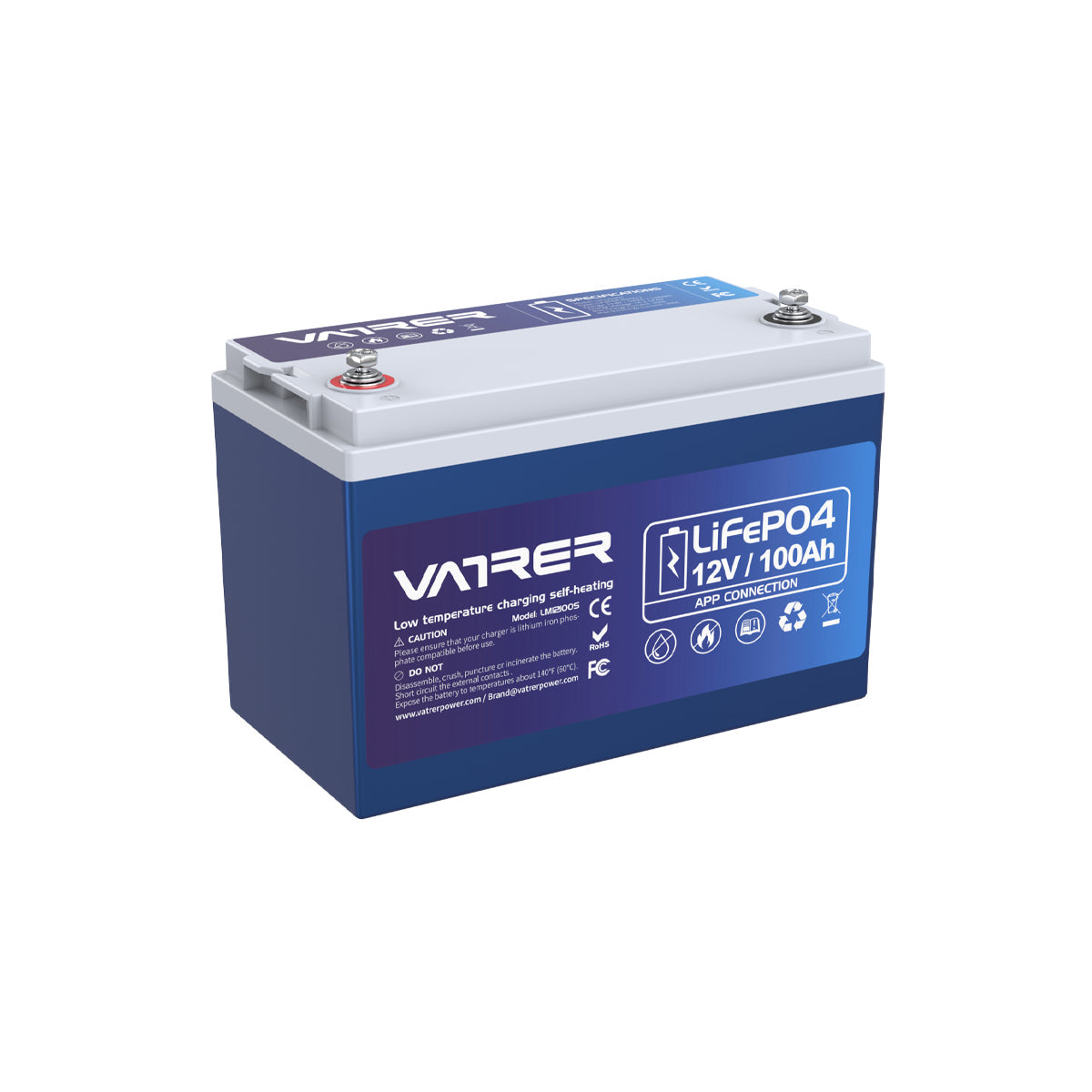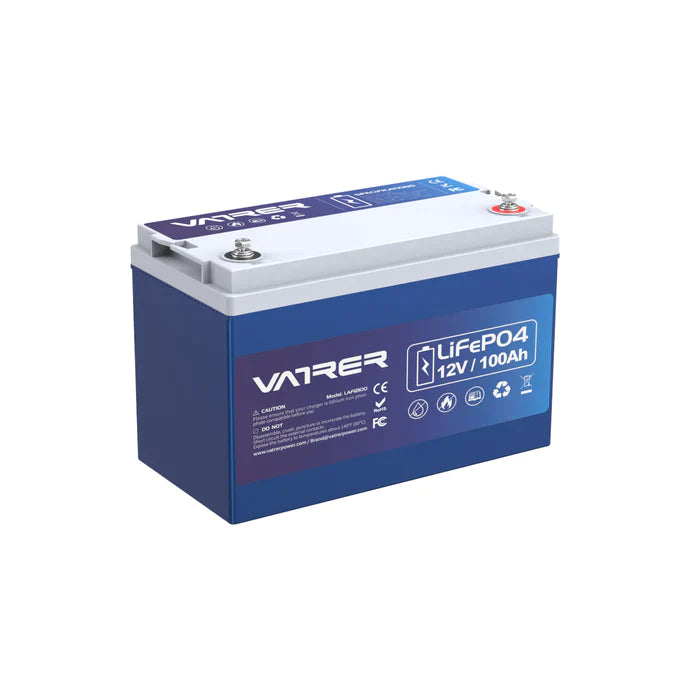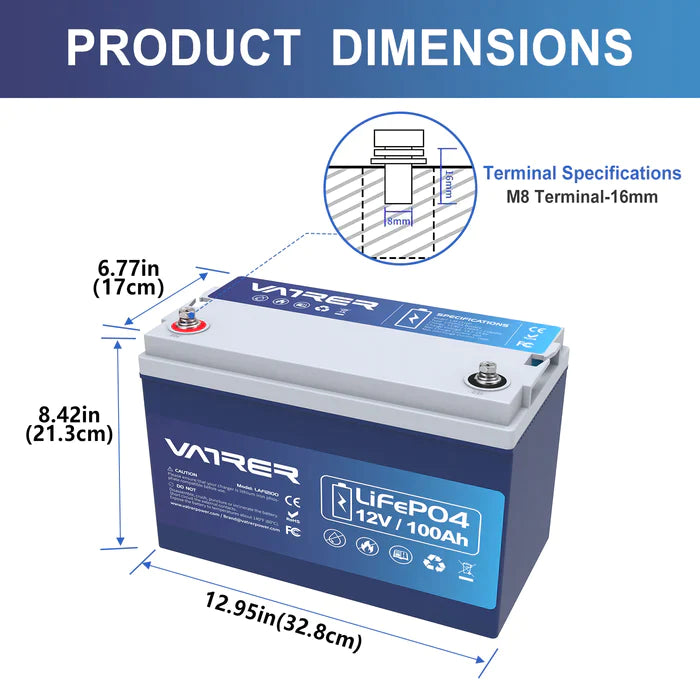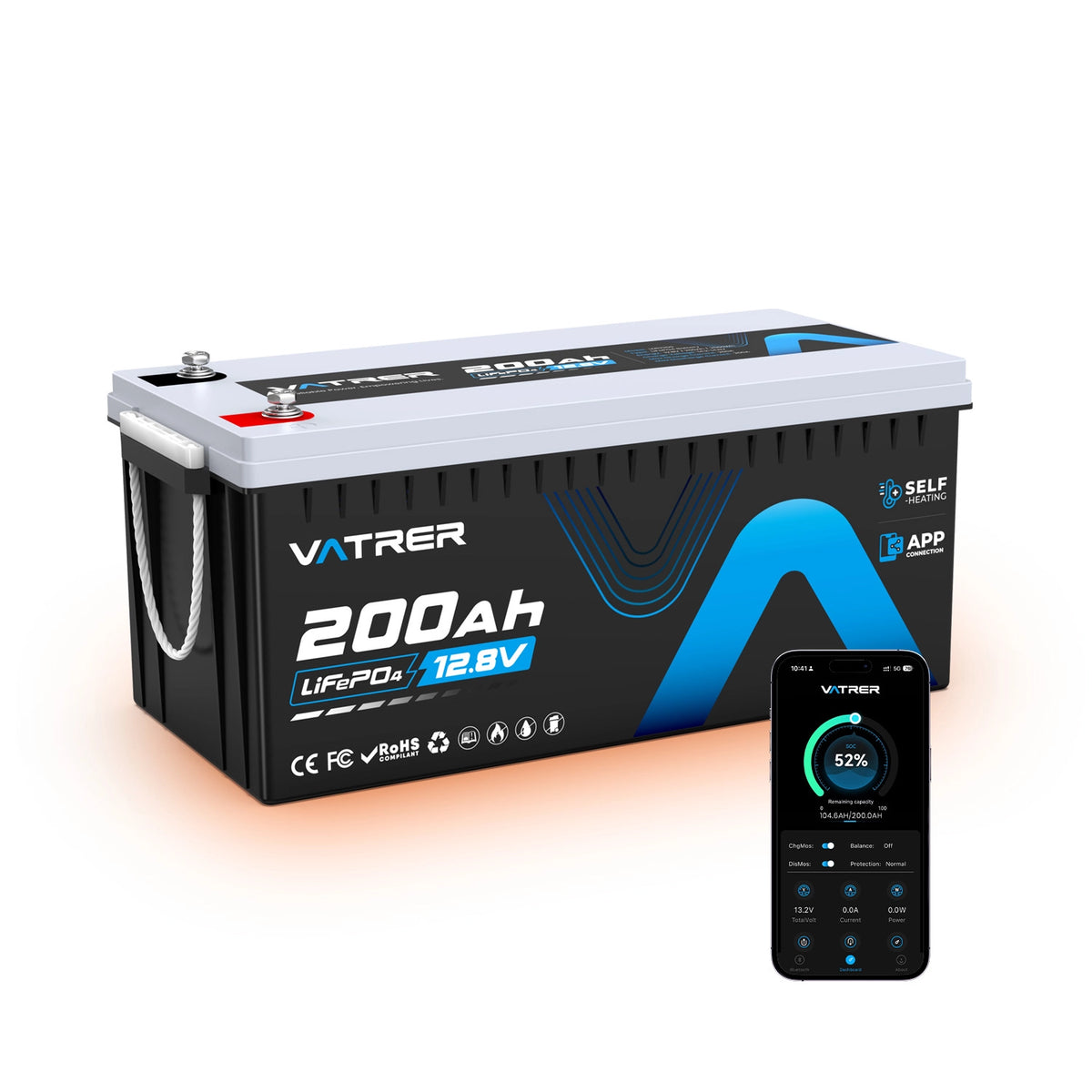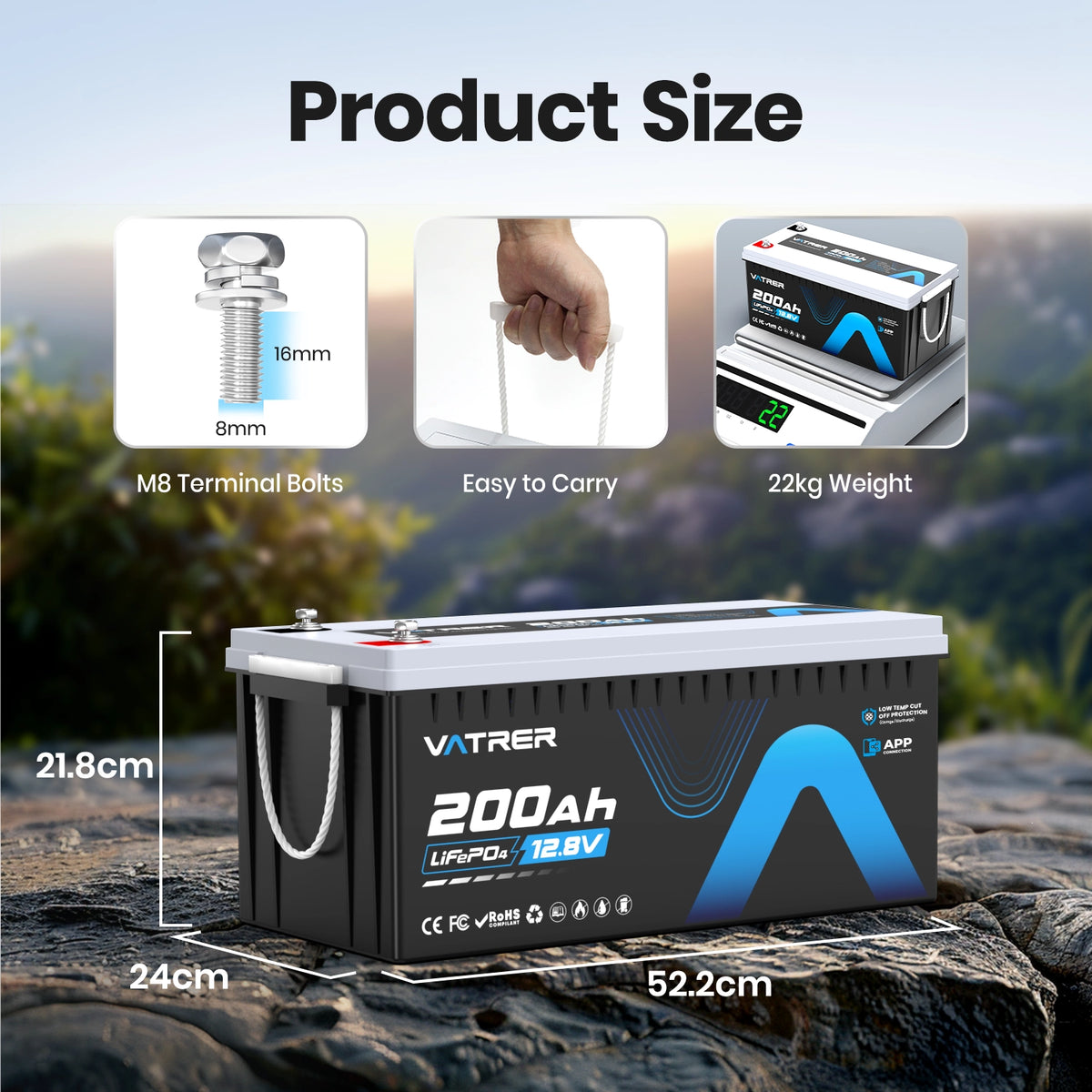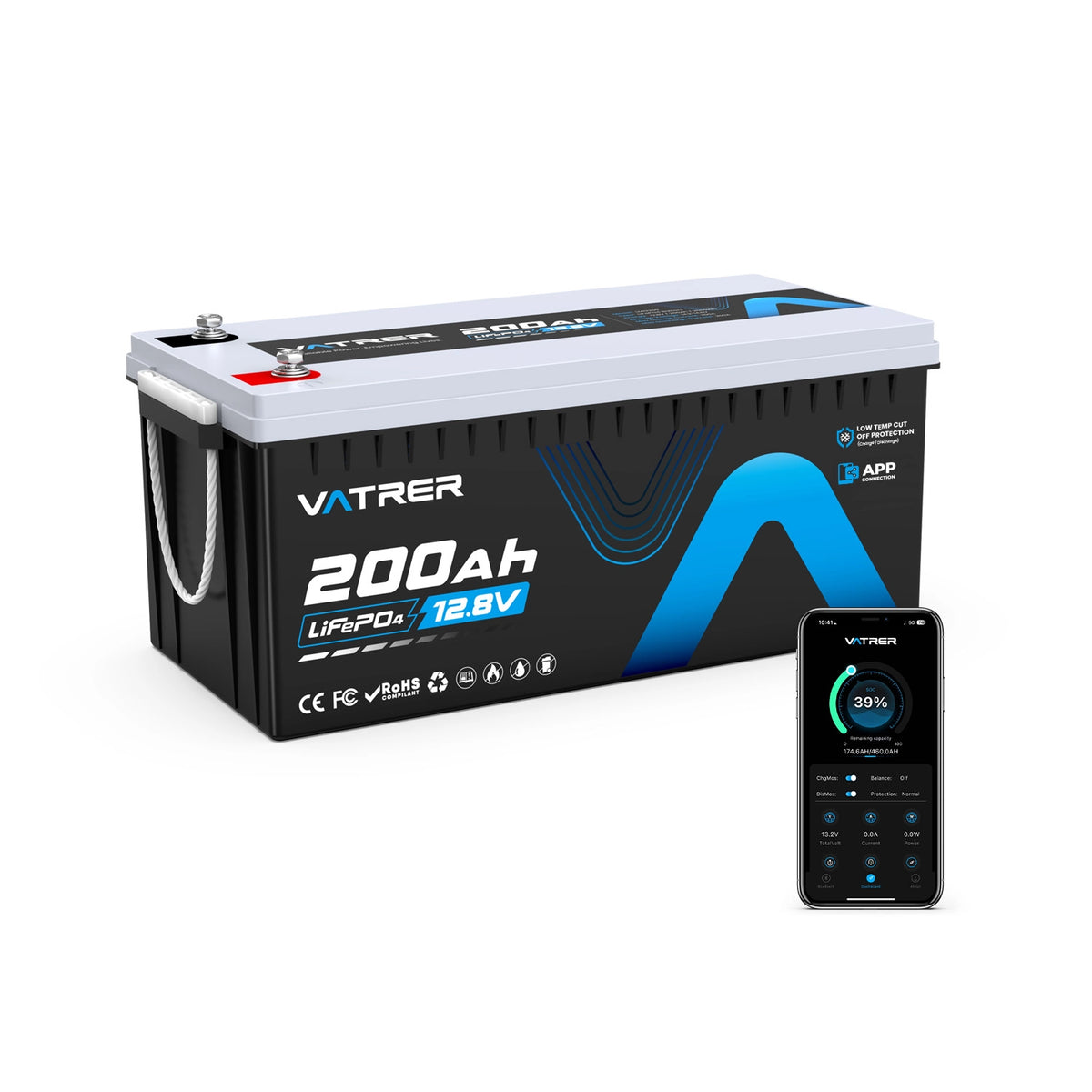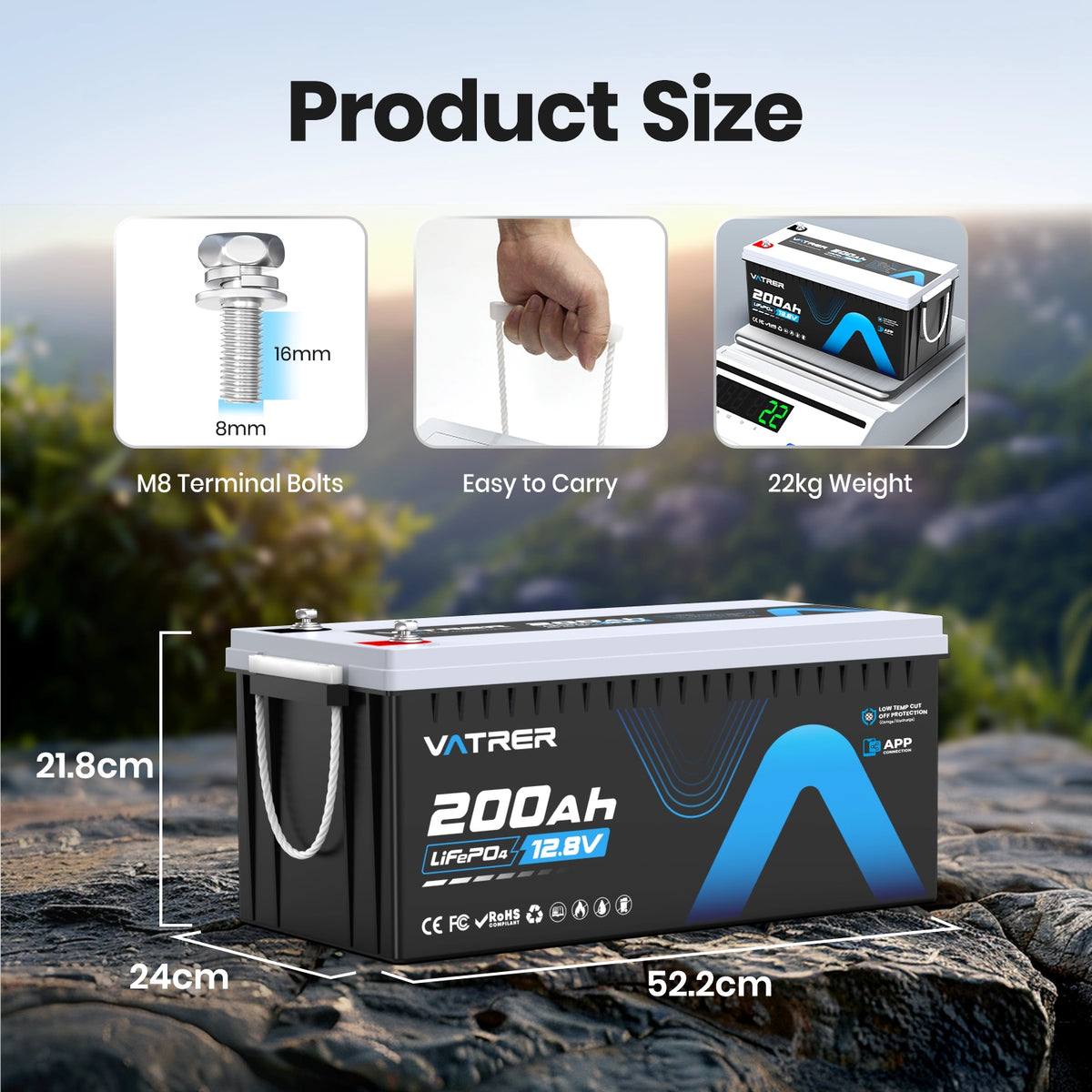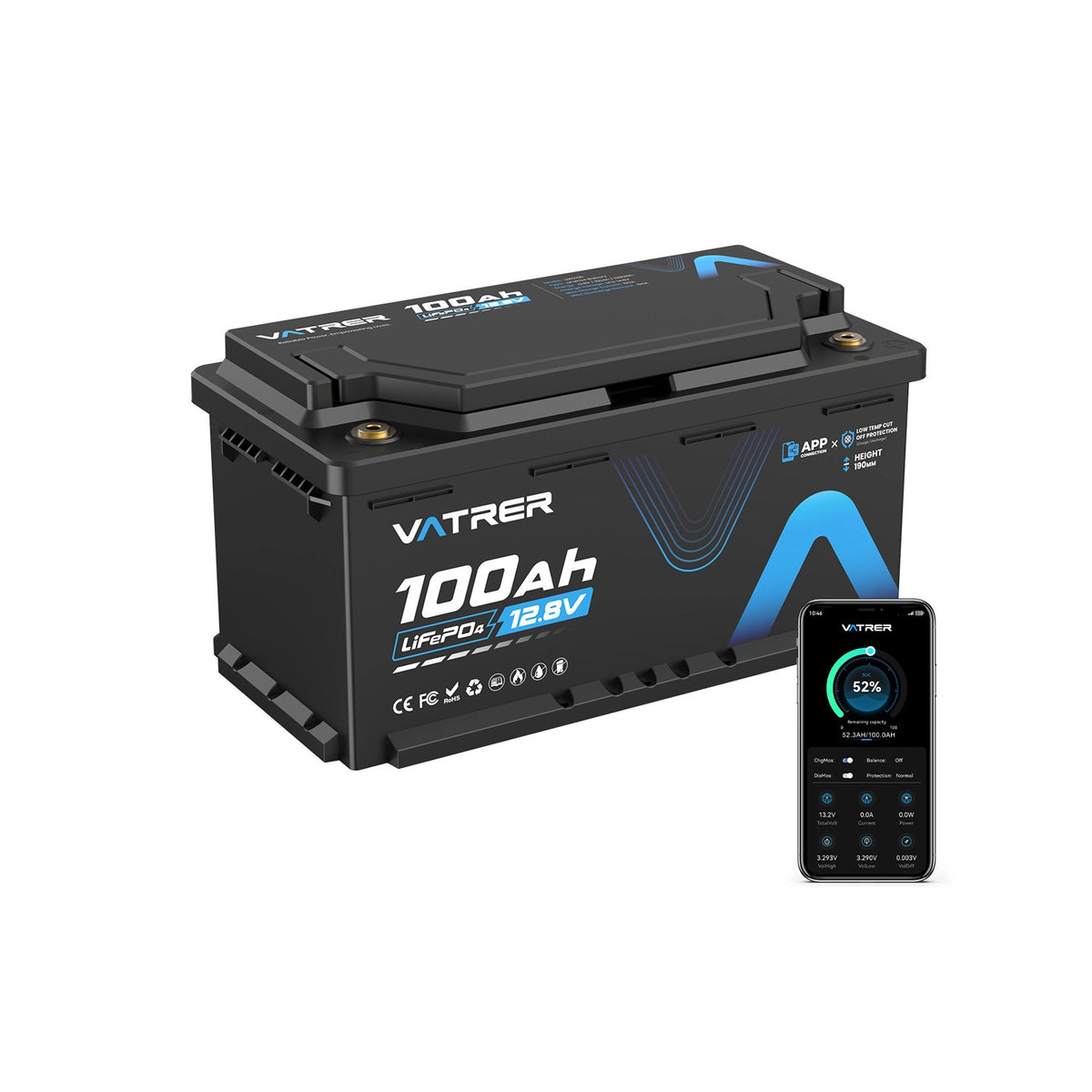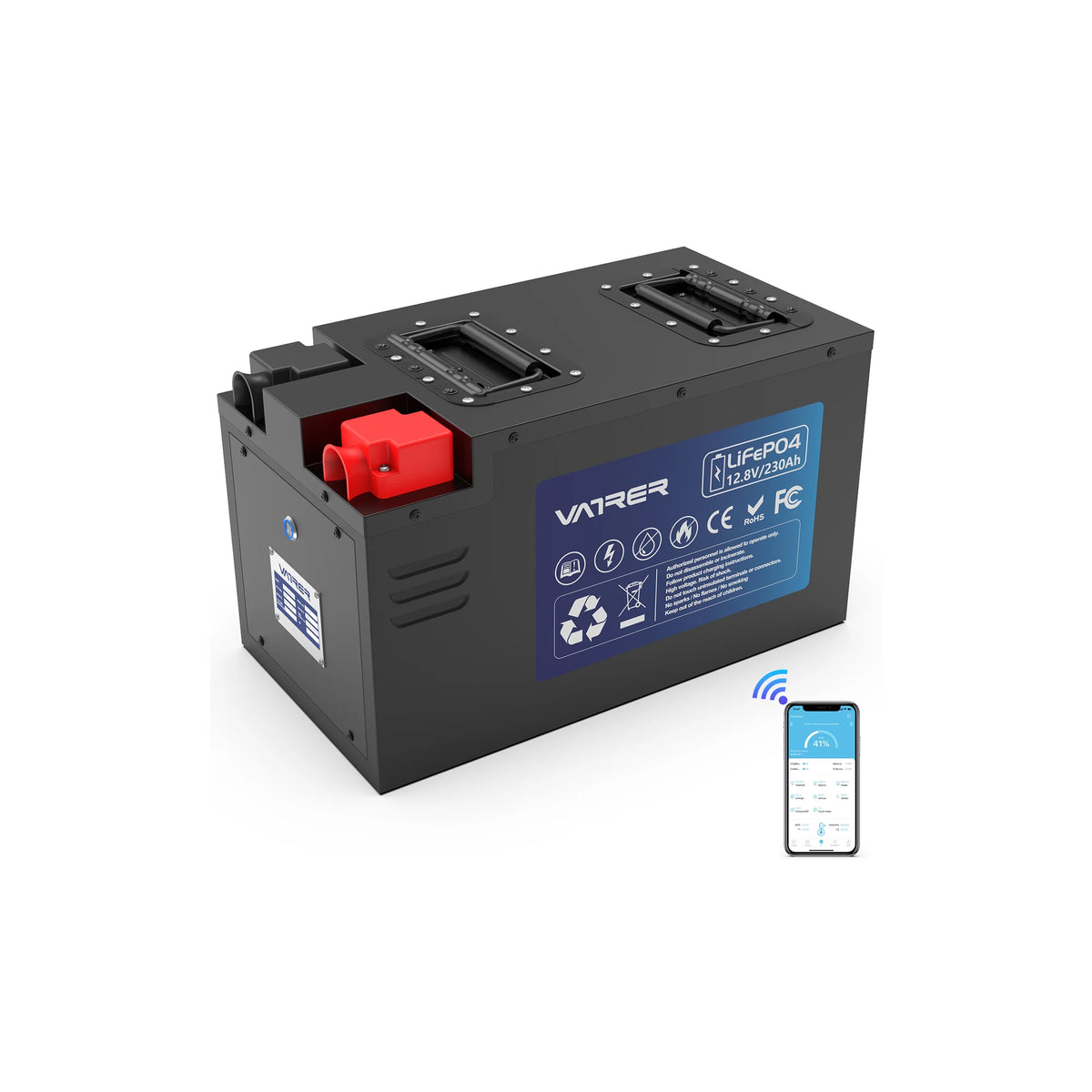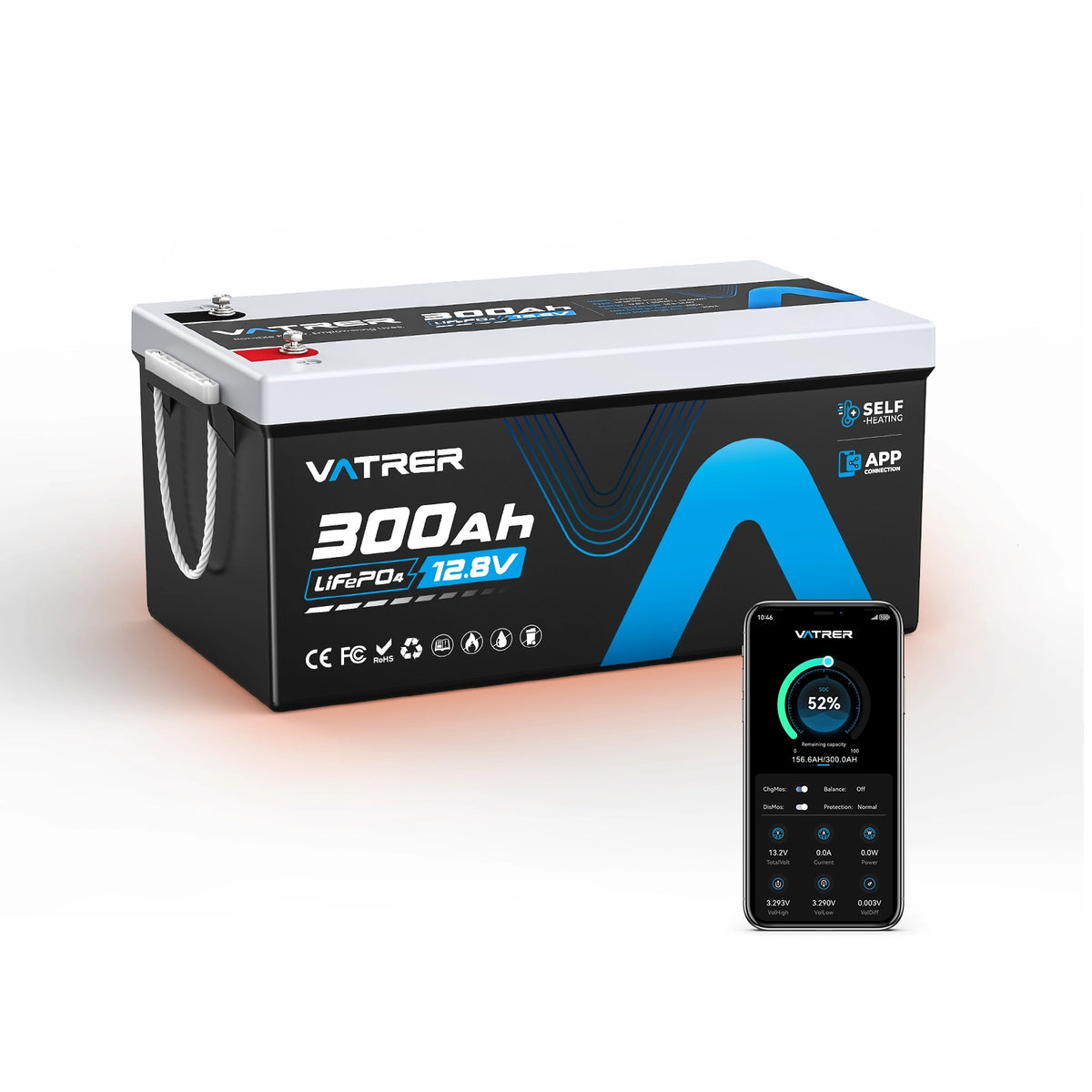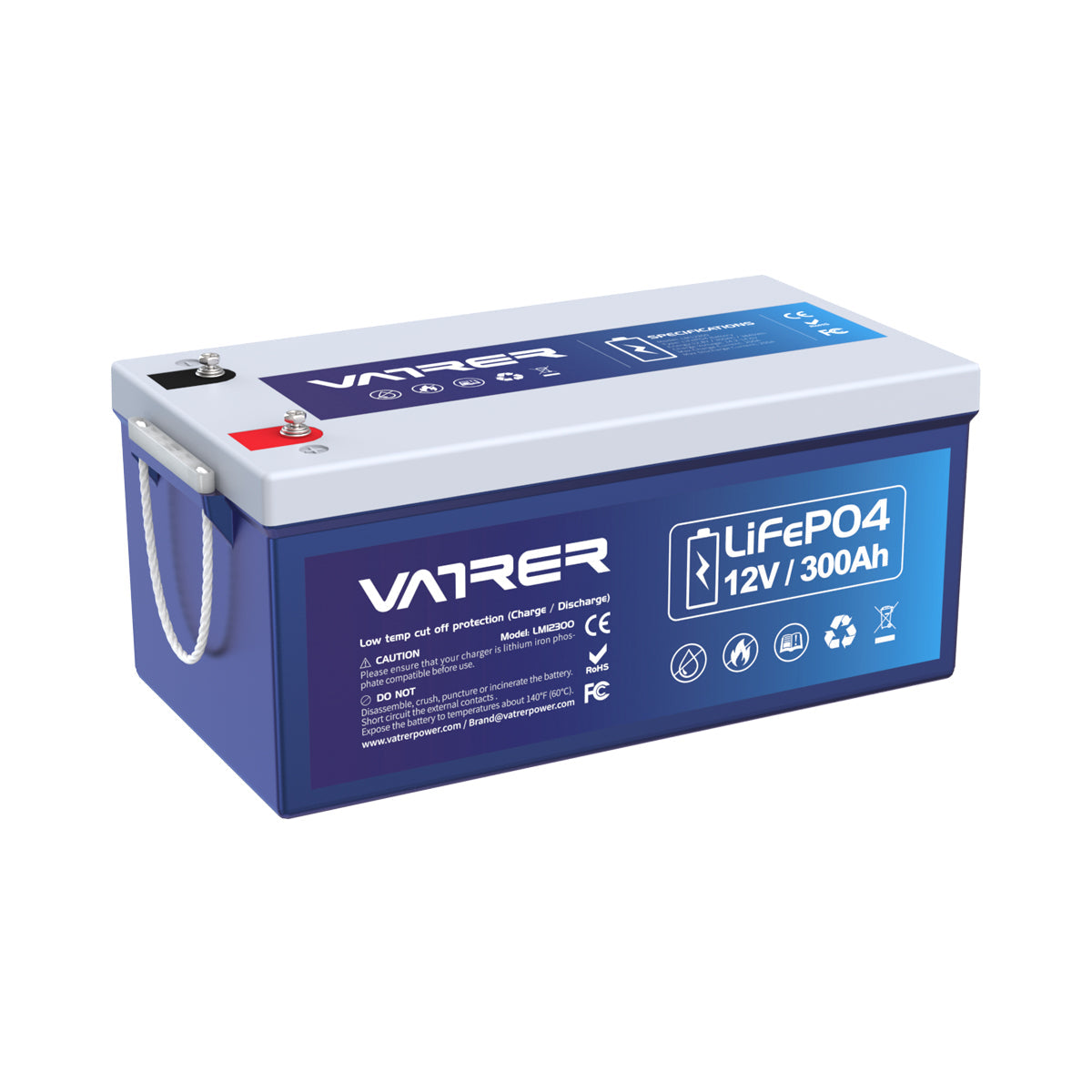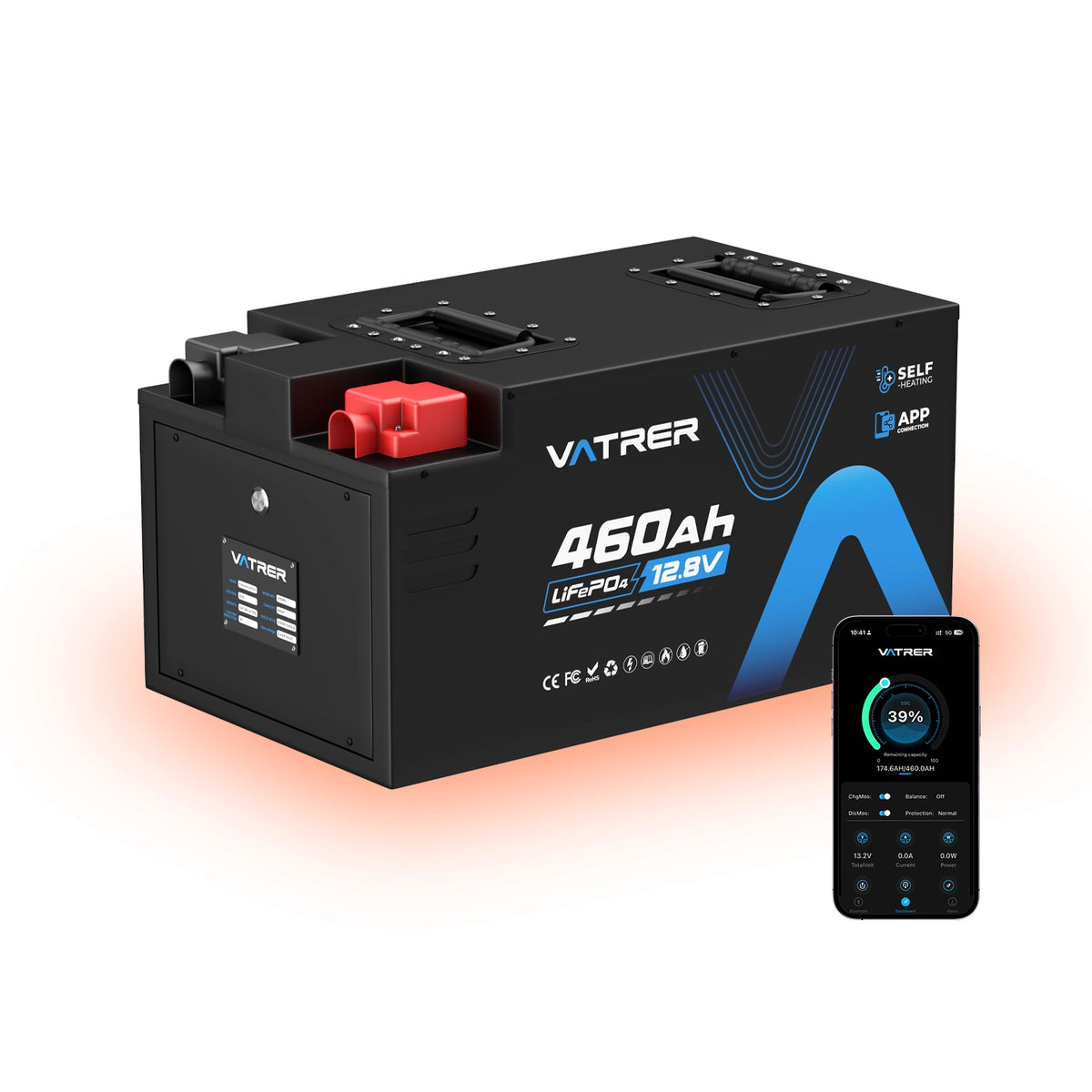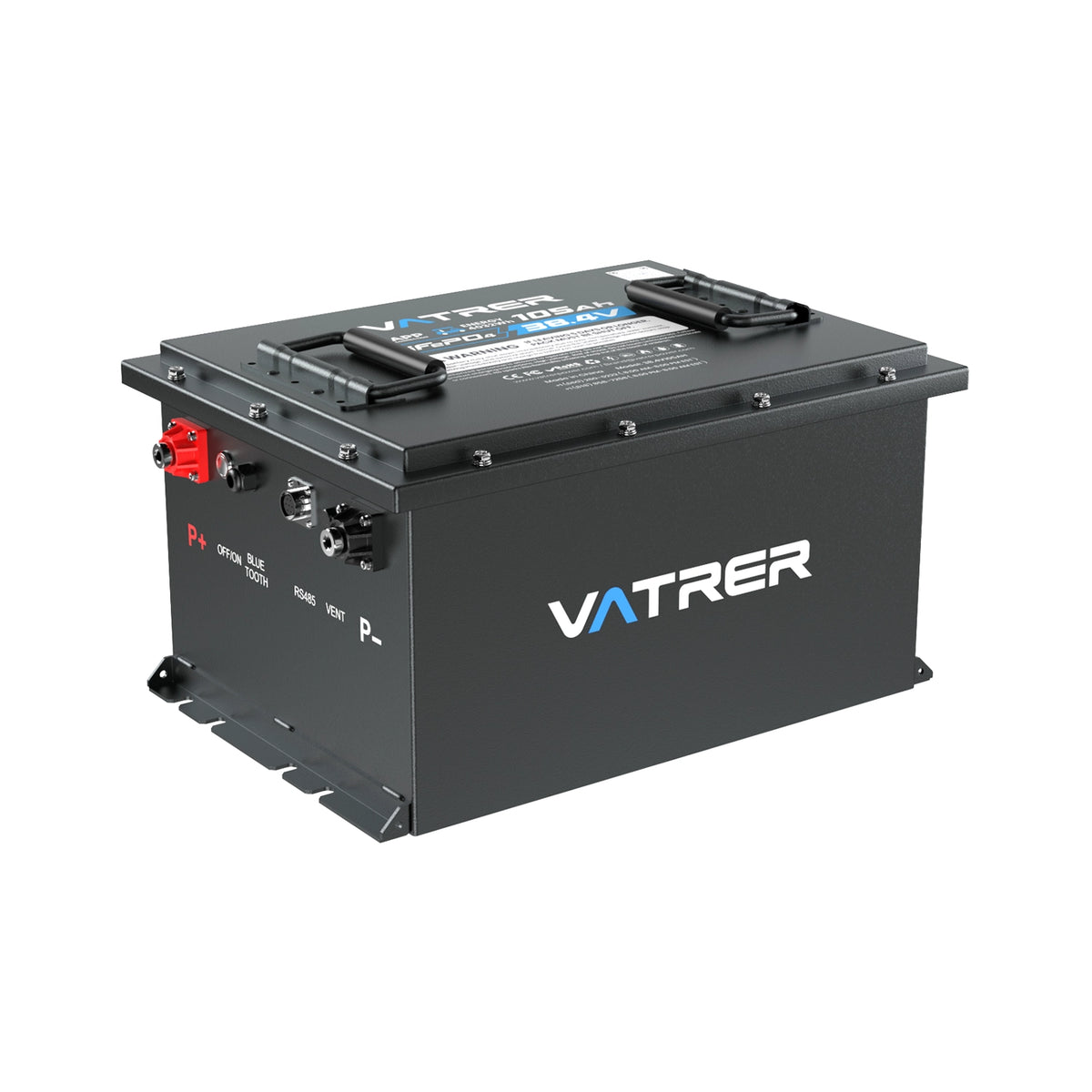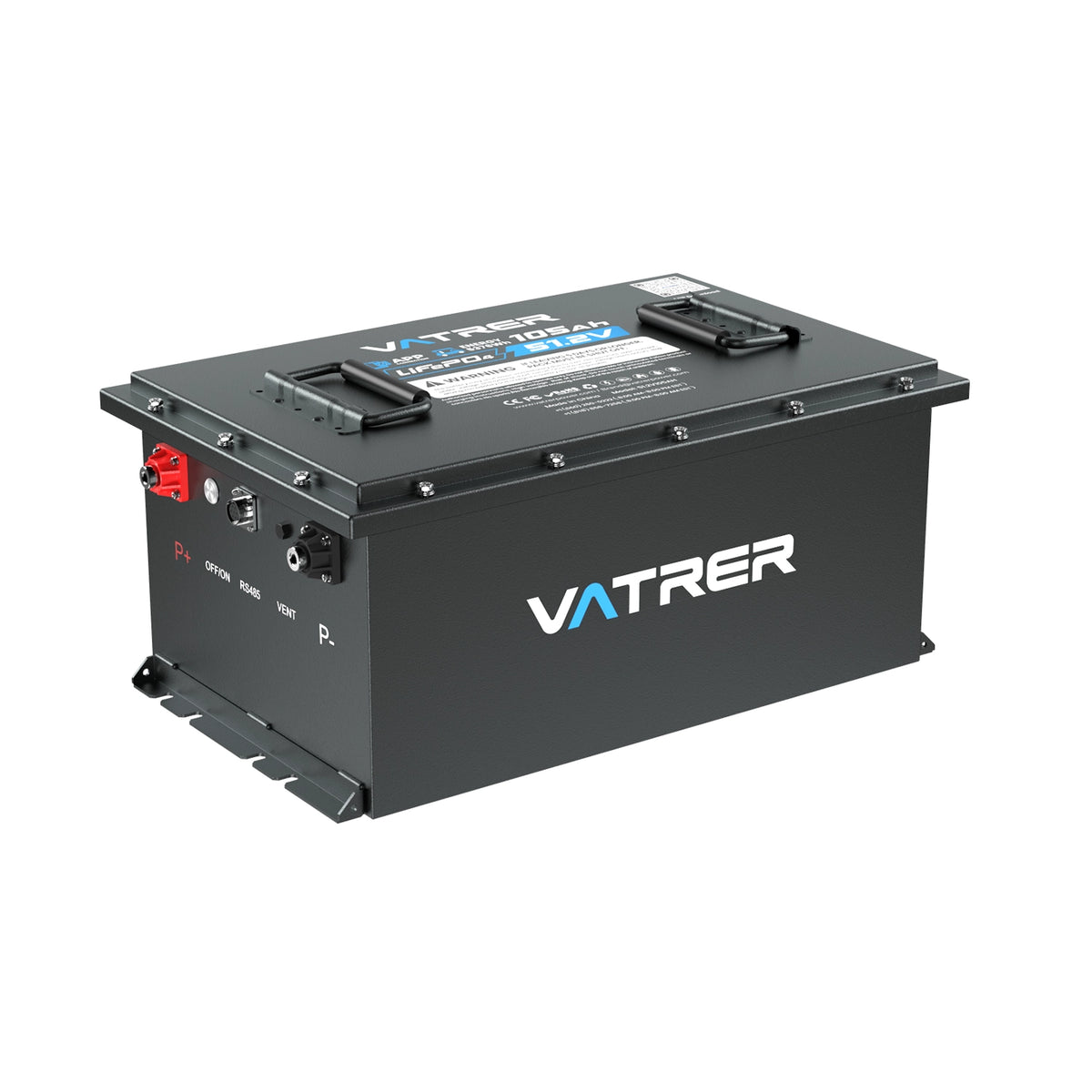Introduction
Lithium golf cart batteries have revolutionized the golfing experience with their superior performance and longevity. However, one question that often arises is whether cold weather can have an impact on the performance and lifespan of these batteries. In this article, we will explore the effects of cold weather on lithium golf cart batteries and discuss the benefits of Vatrer's self-heating 48V 105AH LiFePO4 Golf Cart Battery with temperature cut-off protection.
Decreased Capacity
Cold temperatures can lead to a temporary reduction in the capacity of lithium golf cart batteries. The chemical reactions within the battery slow down in low temperatures, resulting in a decrease in overall energy output. This reduction in capacity can affect the distance a golf cart can travel on a single charge.
More Frequent Charging
Due to the reduced capacity, lithium golf cart batteries may require more frequent charging in cold weather to ensure optimal performance. It is important to monitor the battery's charge level and plan for more frequent charging sessions to keep the battery operating at its best.
Battery Management Systems (BMS)
Many lithium batteries used in golf carts are equipped with Battery Management Systems (BMS). These systems help monitor and regulate the battery's temperature. In cold weather, the BMS can activate heating elements or adjust charging parameters to protect the battery from extreme temperatures and prevent damage. It is crucial to choose a lithium battery with a reliable BMS to ensure optimal performance in cold weather.
Proper Storage
When the golf cart is not in use, it is essential to store the lithium battery in a dry and cool location. Extreme temperature fluctuations and exposure to the elements can negatively impact the battery's life and performance. Storing the battery in a temperature-controlled environment can help prolong its lifespan and maintain its performance during cold weather.
Recommendation: Vatrer 48V 105AH LiFePO4 Self-heating Golf Cart Battery
To address the challenges posed by cold weather, Vatrer has developed a revolutionary solution – the smart self-heating technology. This innovative feature ensures optimal charging in low temperatures, providing a reliable and efficient power source for your golf cart.
Key Features
- Temperature Activation: Vatrer's self-heating technology activates at temperatures below -4°F (-20℃), preventing the battery from being affected by extreme cold. This ensures that the battery remains at an optimal temperature for charging, enabling efficient energy transfer.
- Temperature Regulation: The self-heating technology stops heating when the battery reaches temperatures above 41°F (5℃). This prevents overheating, ensuring the battery remains within the appropriate temperature range for safe operation.
- Efficient Charging: By maintaining an optimal temperature range, Vatrer's self-heating technology enables efficient charging even in frigid weather conditions. This feature minimizes the impact of cold temperatures on battery performance, allowing for reliable and consistent power output.
Conclusion
Cold weather can indeed affect the performance of lithium golf cart batteries, leading to decreased capacity and the need for more frequent charging. However, with proper battery management, storage, and the use of specialized batteries like Vatrer's 48V 105AH LiFePO4 Self-heating Golf Cart Battery, golfers can enjoy reliable and efficient performance on the course, even in chilly conditions. Remember to choose a battery with a reliable BMS and follow proper storage practices to maximize battery life and maintain optimal performance in cold weather.
Continue Reading:
1. Can a Golf Cart Go Faster with a Lithium Battery?
2. Exploring the Disadvantages of Lithium Golf Cart Batteries
3. What is the truth about lithium golf cart batteries?
4. A Chart to Understand Lifepo4 Battery
5. How Do You Know When Golf Cart Batteries Are Dying? (9 Signs)





